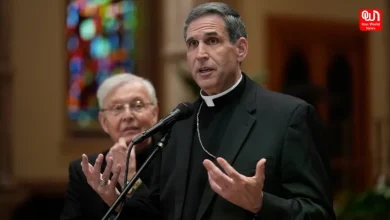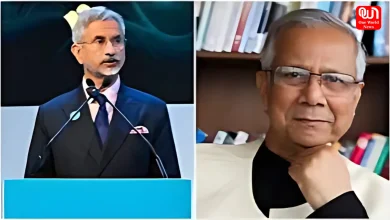Journalists charged with sedition in UP, here are some other similar incidents

Editors Guild of India condemned the police actions in May 2020
The UP Police booked 4 people including a Kerala journalist, Siddique Kappan on sedition and other charges. They were booked days after being held while on the way to Hathras at the Maant police station in Mathura.
As per the FIR, all four people have been booked under UAPA Act (Unlawful Activities Prevention Act) and the IT Act. Police have accused them of having links with the alleged radical group, Popular Front of India and its allies. Various sections of the Indian Penal Code have been booked against them including 153A (Promoting enmity between different groups on ground of religion, race, place of birth, residence, language, etc., and doing acts prejudicial to maintenance of harmony), 124A (Sedition charge defined as an offence committed when “any person by words, either spoken or written, or by signs, or by visible representation, or otherwise, brings or attempts to bring into hatred or contempt, or excites or attempts to excite disaffection towards the government) and 295A (Deliberate and malicious acts, intended to outrage religious feelings of any class by insulting its religion or its religion belief).
Other such incidents against journalists in recent times
This is not the first instance when journalists have been booked with sedition charge. Earlier, On May 11 2020, a Gujrati journalist, Dhaval Patel, owner and editor of the news portal “Face of nation” was detained and charged with sedition for writing a column about the possibility of leadership change in Gujrat due to a huge number of coronavirus cases. He was charged under Section 124 A (sedition) of the IPC and Disaster Management Act Section 54 (spreading false panic).
Keshorechandra Wangkhem, a local news anchor and reporter in Manipur was put into detention under charges of sedition and NSA (National Security Act). Wangkhem had uploaded a video on social media in which he had criticized the BJP led state government in Manipur for comparing Rani Lakshmi Bai with the freedom fighters in Manipur who fought against colonial rule. Keshorechandra Wangkhem was lodged at the Sajiwa central Jail in Imphal, Manipur.
Read more: 5 instances when social media trial had grave consequences
Mahender Singh Pal, a correspondent of The Indian Express newspaper was summoned by Delhi Police on May 10, 2020, for a report about a police investigation into the possibility that an audio clip of Maulana Saad Kandhalvi, Tablighi Jamaat leader, has been doctored. The Tablighi Jamaat leader was booked on the basis of the audio clip for spreading COVID-19 in New Delhi. The police called the report “factually incorrect and purely conjectural,” and sent a notice to the journalist to join the probe.
Editor’s guild
The Editor’s Guild of India condemned the police actions and urged the government to stop using legal tools to harass the press on May 13, 2020, citing Dhaval Patel’s case. The editor’s guild of India said that Indian Penal Code and special laws relating to disaster management was misused in the case.
Journalists are under the radar
According to a report, by Rights and Risks Analysis Group, about 55 journalists were targeted between 25 March and 31 May this year for covering facts about government handling of the coronavirus pandemic. The report says that these journalists were targeted mostly by vengeful state governments and their supporters. The report has listed instances where journalists were physically assaulted, arrested, had show cause notice, summons, FIR registered against them and more.
Have a news story, an interesting write-up or simply a suggestion? Write to us at info@oneworldnews.com







